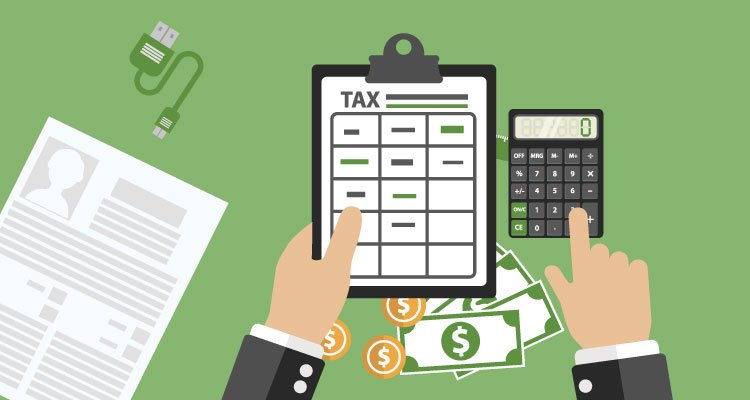I recently attended an ICO conference in Santa Monica, California, where the entire day was filled with excited discussions about the potential of launching a new cryptocurrency as a fundraising effort instead of a traditional IPO. Regulatory issues abound in this high-risk space, but one thing we did not talk about was taxes.
Taxes are a big part of investments, though many investors, US based and otherwise, may be interested in skipping out on handing Uncle Sam his portion of their net gain. If you are interested in the world of cryptocurrencies, it is important to take taxes into account.
Table of Contents
ToggleYou owe taxes on all capital gains
If you buy a share of stock for $100 and sell it for $200, you earned a $100 profit. But you don’t get to keep the entire $100. US based investors, and investors in most countries, have to pay capital gains taxes on the $100 profit. While this is simple in theory, many people try to skirt the law and avoid paying out capital gains taxes.
Depending on your income and the duration of your investment, capital gains taxes have varying rates. For long-term investments, defined as investments held at least one-year, the rate starts at 0% for the lowest income earners and tops out at 20% for those in the top tax bracket. Short-term taxes are taxed as ordinary income at your regular income tax rate. However, if you earn $200,000 or more per year (or $250,000 for married couples filing jointly), you pay an extra 3.8%.
It doesn’t matter if it is a stock, bond, or other investment. Let’s say you earned a profit on an investment and fall into the 25% income tax bracket or above. You’ll owe capital gains taxes. That includes Bitcoin and other cryptocurrencies.
If gains are not reported, you have to report yourself
When you buy and sell investments through a brokerage account, the stock broker tracks your buy and sell prices and reports your gains to the IRS. You get a copy of the results in a 1099 tax form at the end of the year. There are various reporting requirements for the brokerages and other financial institutions that hold your investments. However, what happens when you earn a profit and they don’t report it to the IRS?
If you think an unreported profit means tax free profit, think again. Look back to the last sentence of the prior section: If you earned a profit on an investment and fall into the 25% income tax bracket or above, you owe capital gains taxes. While you may be able to offset these taxes with capital losses, you can’t just ignore taxes if they are not reported to the IRS.
If capital gains are not reported, you are required by law to track the profits yourself and report them on your taxes. I know, no one wants to pay the IRS if they don’t have to. In this case, you have to.
The IRS is going after Bitcoin profits
Because Bitcoin and other cryptocurrencies are not held by major brokerages, many crypto investors thought they could get around the IRS and keep their profits without paying taxes. Some people may get away with it, but not everyone. In fact, the IRS is actively pursuing tax records on cryptocurrency investors with large earnings.
Coinbase is one of the biggest and most popular platforms to buy and sell cryptocurrencies, and the IRS filed in federal court for Coinbase to turn over records of users who have received more than $20,000 through the Coinbase platform. As of now, the IRS won rights to the records of about 14,000 users, thought they are working to get an additional 480,000 user records.
Coinbase is fighting the records requests in court. In reality, though, they should be reporting capital gains to the IRS anyway. This is an effort to help users break the law and avoid taxes. Fewer than 1,000 U.S. citizens reported earnings with Bitcoin last year, and a heck of a lot more are actually participating and profiting.
Follow the law and you have nothing to worry about
This talk of lawsuits and taxes may be a bit intimidating. However, if you do everything by the book you have nothing to worry about. The IRS is only concerned with collecting the capital gains taxes people really owe from Bitcoin and other investment profit. If you track your cryptocurrency investments, take out enough for taxes when you sell, report the income to the IRS, and pay the taxes you legally owe, you have nothing to worry about.
However, if you try to get out of paying, you never know when the IRS will catch up. Depending on how much you kept from the IRS, that could mean big fines, penalties, and even jail time. Just make sure to pay your taxes. Then you can go on earning with Bitcoin and other currencies without any worry of the IRS putting you down.
















